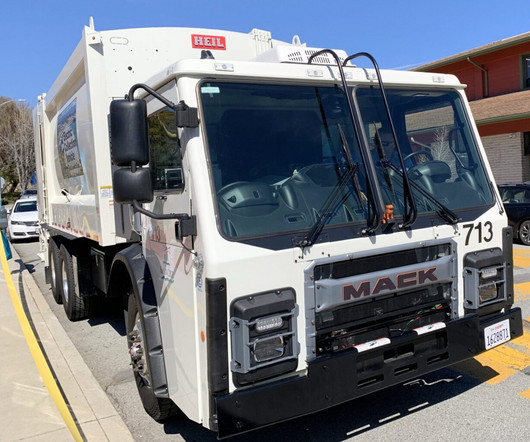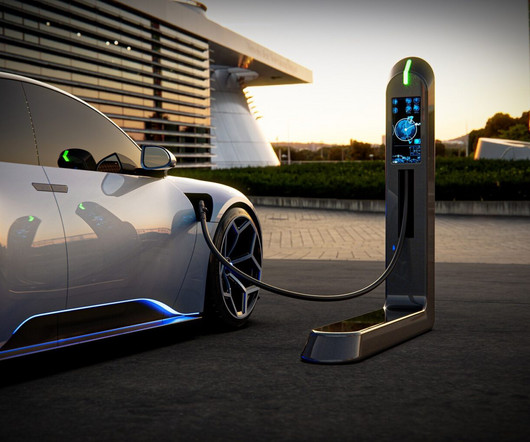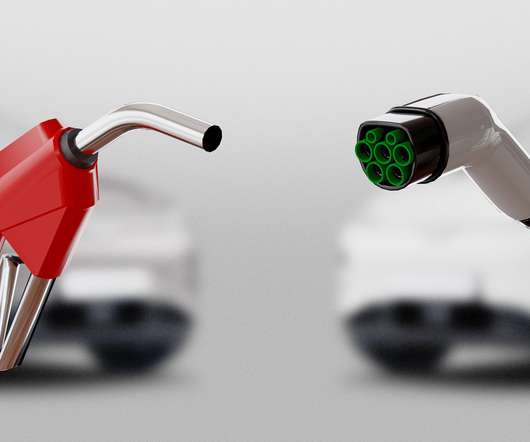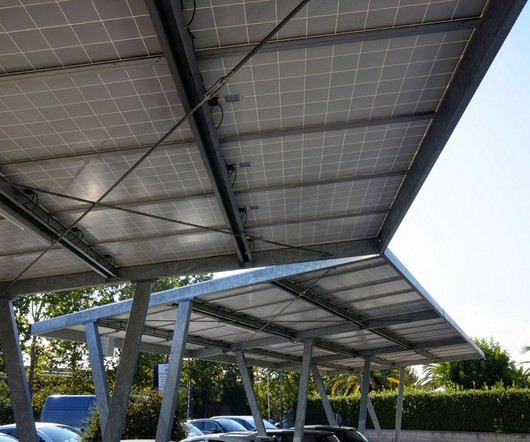The Importance of Electrifying Municipal Vehicles
Clean Fleet Report
APRIL 19, 2023
The Importance of Electrifying Municipal Vehicles City Cleanup Can Begin on Wheels Electrifying police cars, street sweepers, refuse trucks and other municipal vehicles does more than just help the environment—it also saves money and makes urban areas a safer, more peaceful place to live. Here are the main reasons cities are switching to EVs.























Let's personalize your content